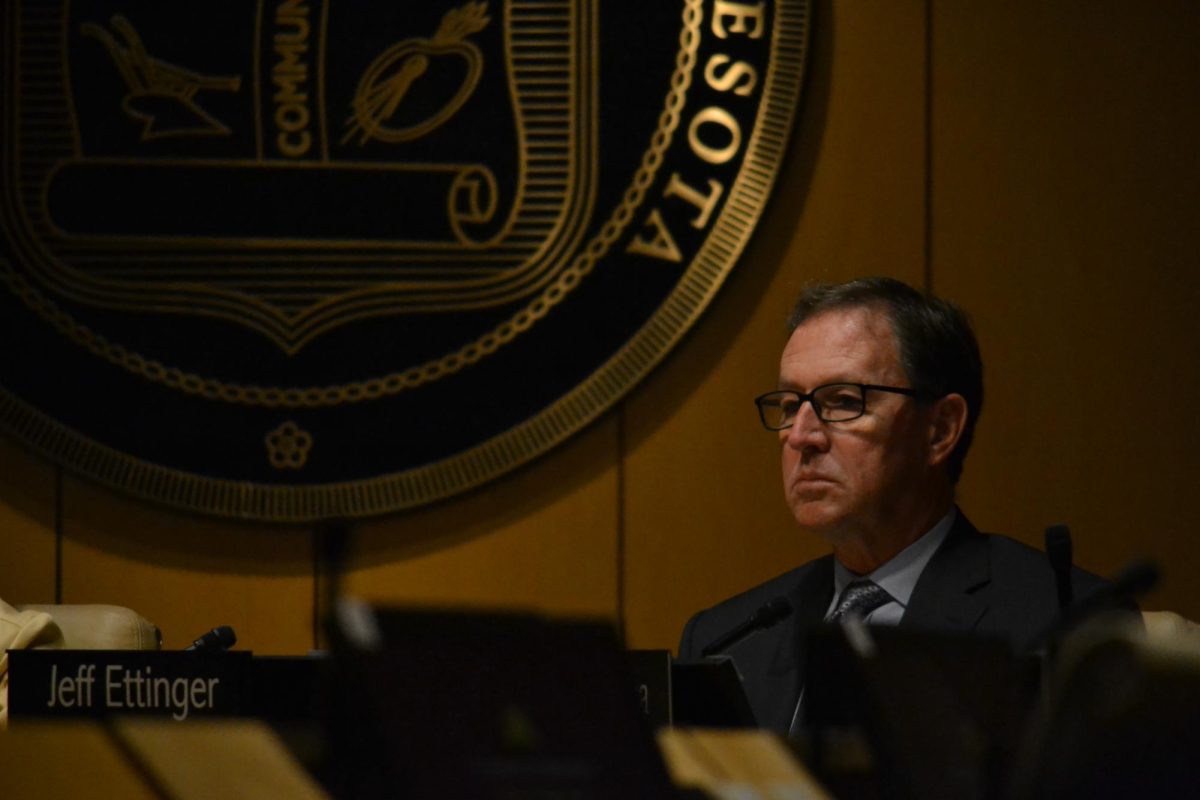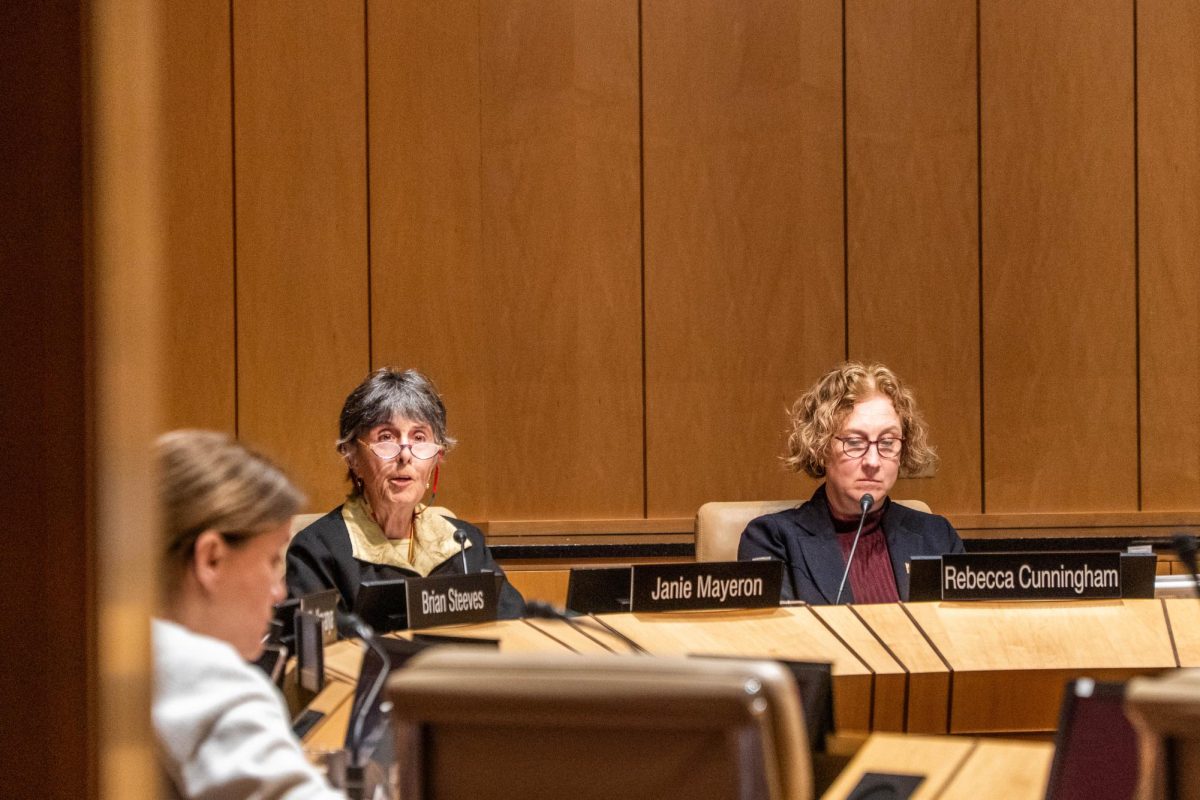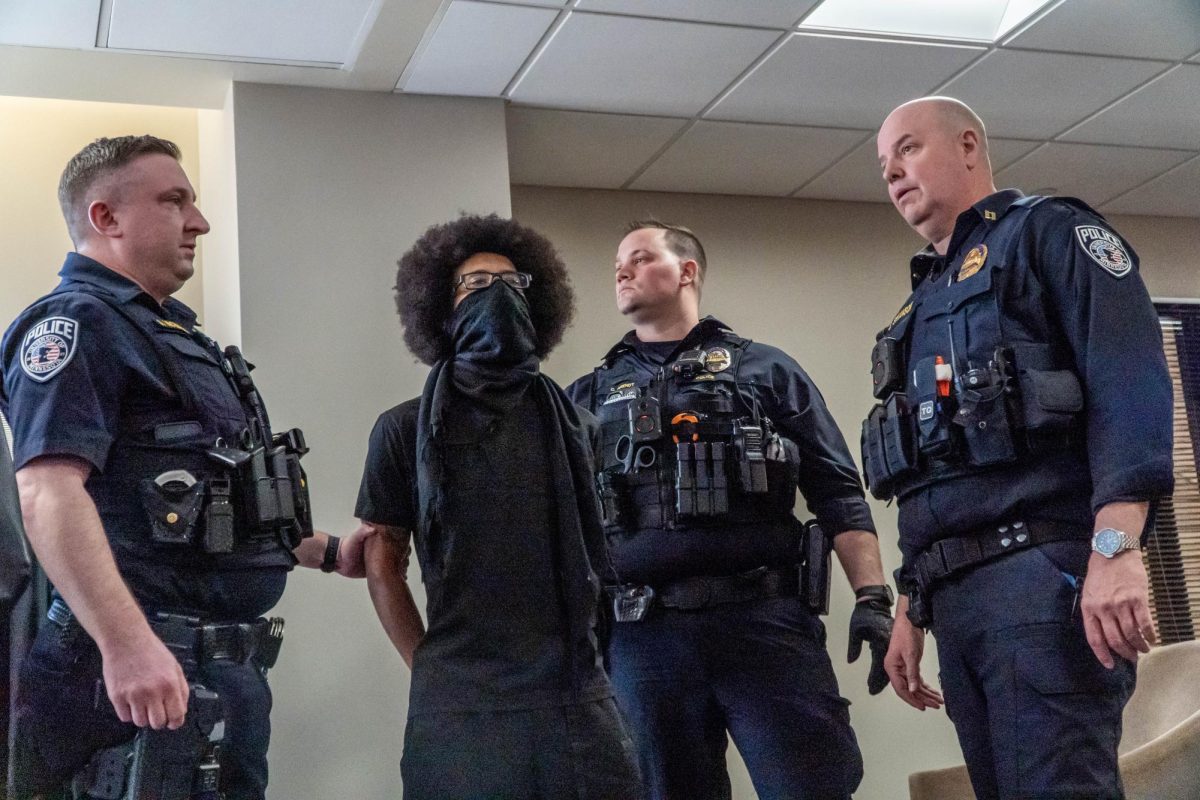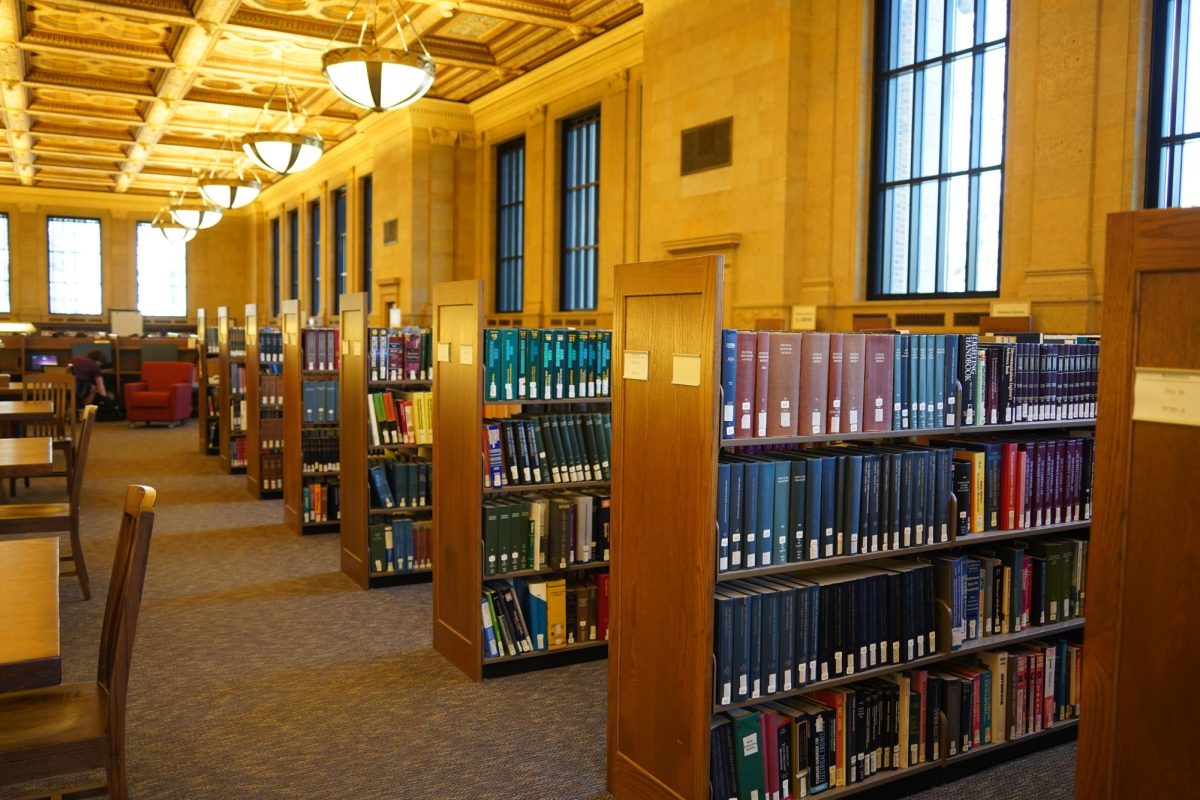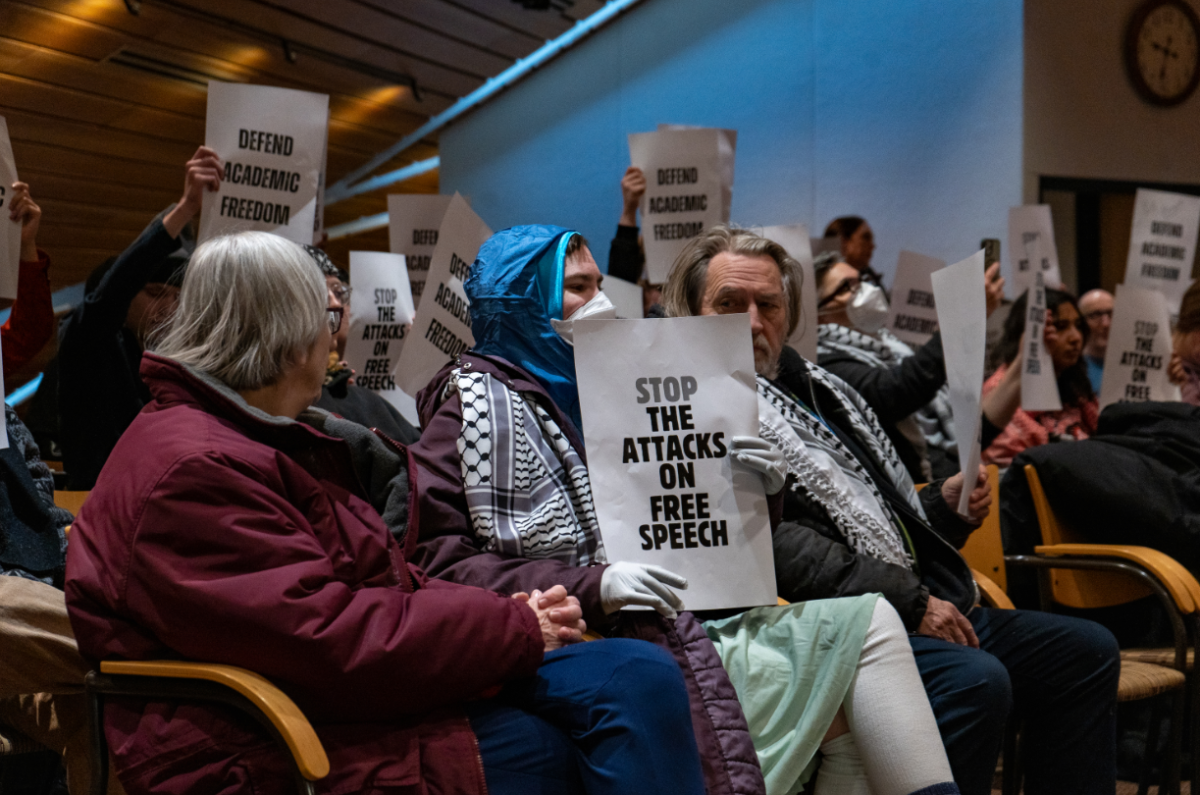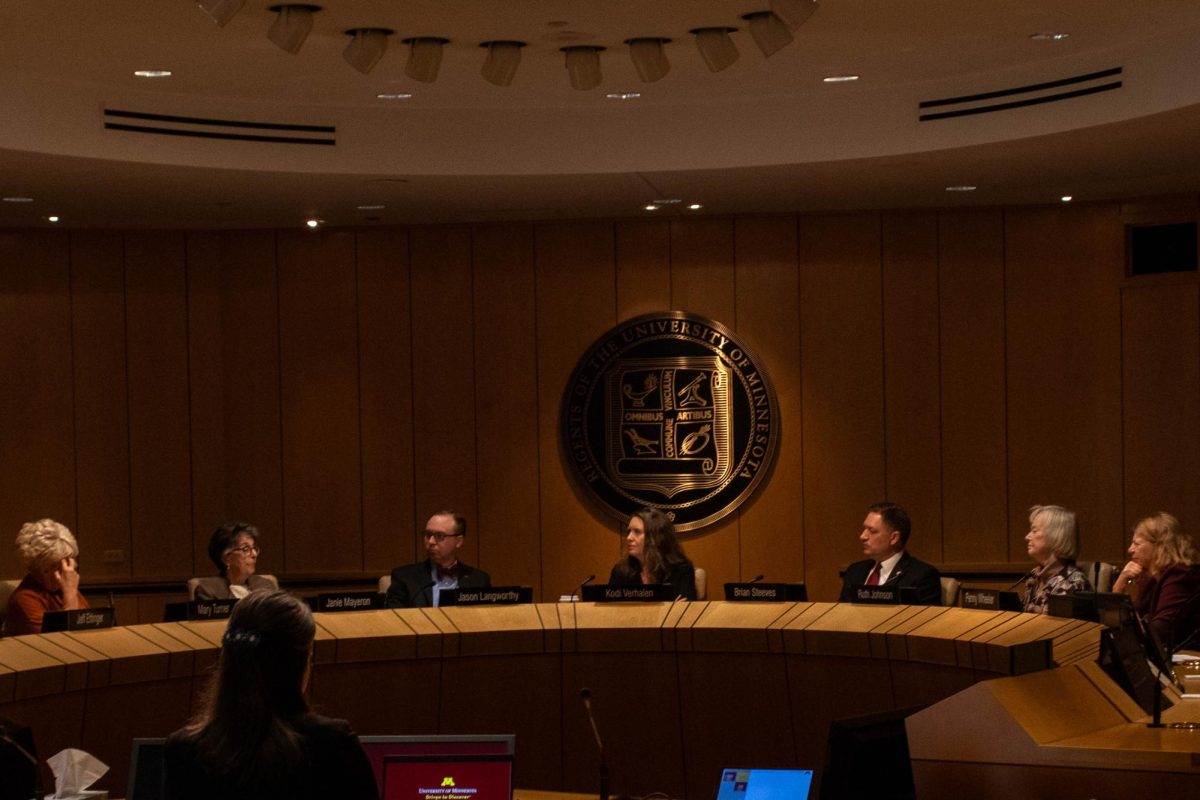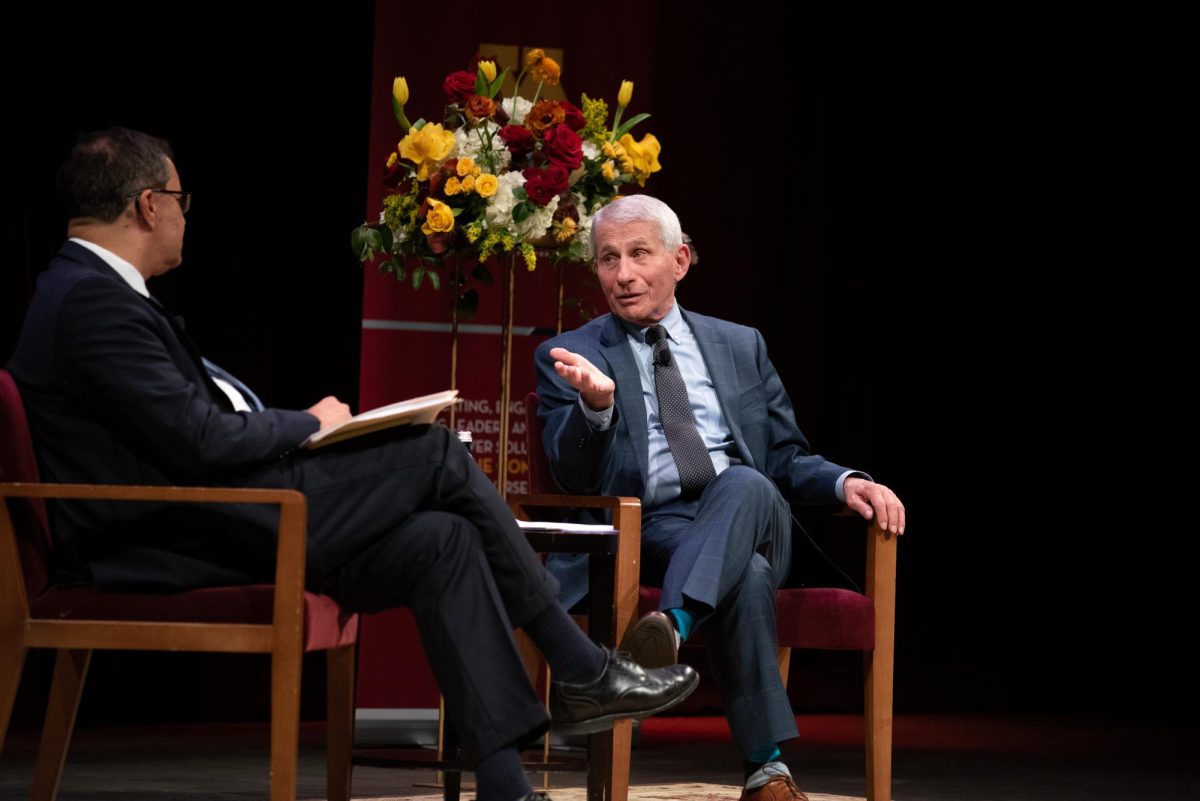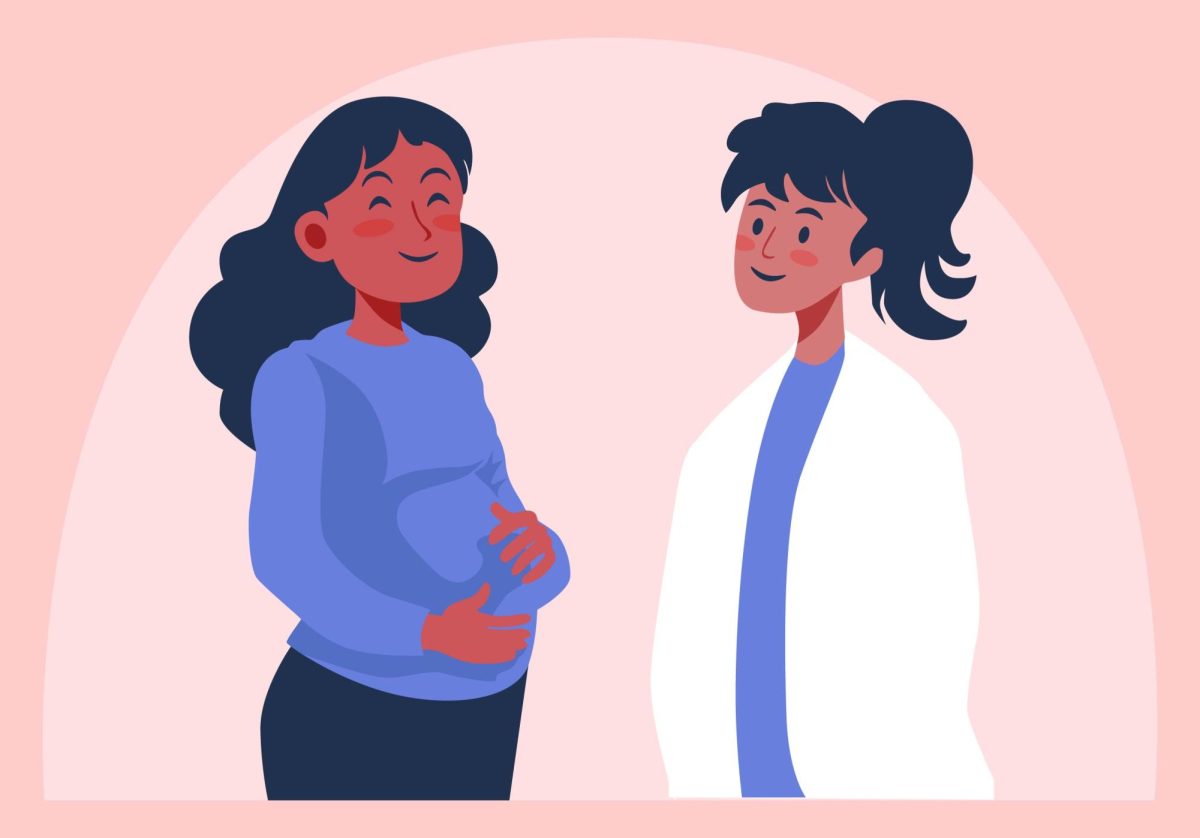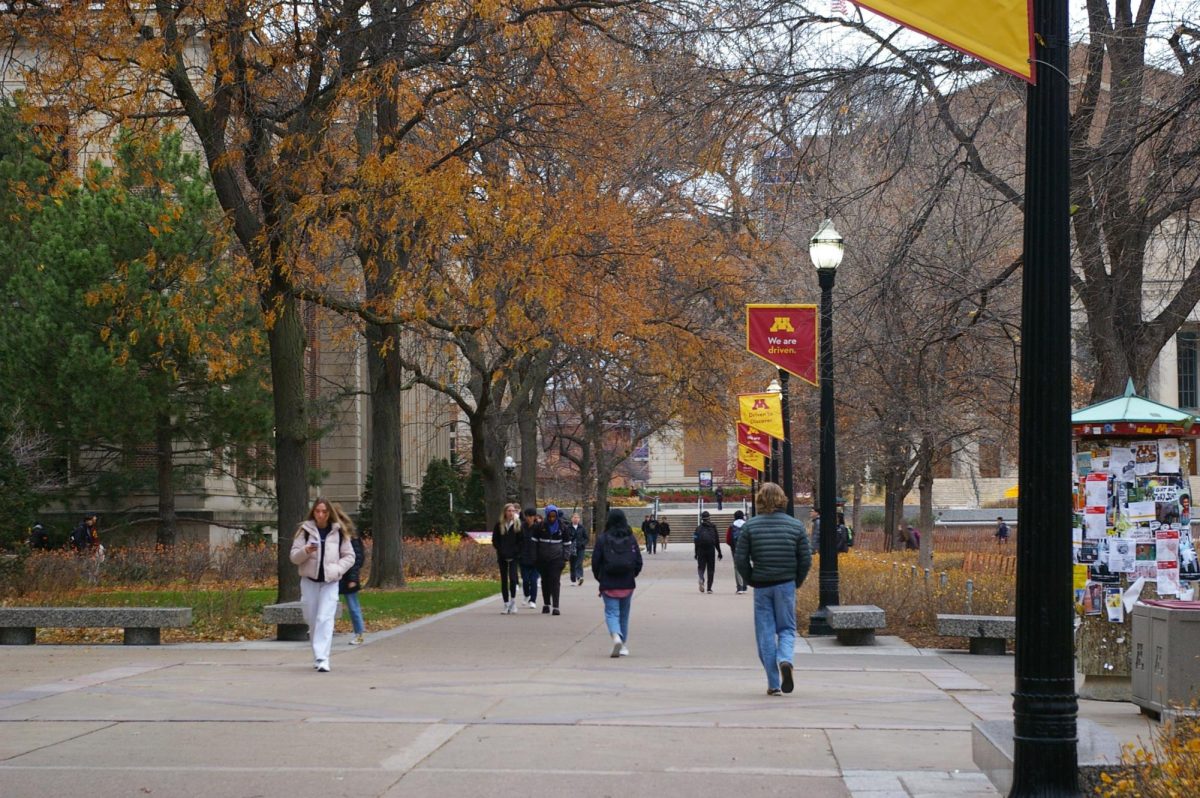The University of Minnesota is planning several increased safety measures across the Twin Cities campus for the upcoming academic year, according to Senior Vice President for Finance and Operations Myron Frans, who presented the plans to the Board of Regents on Wednesday.
The safety additions include restricting public access to some campus buildings, installing turnstiles at Pioneer Hall, reviewing their SAFE-U alert practices and continuing to have extra officers in the Dinkytown and Marcy-Holmes neighborhoods.
The state legislature provided the University an additional $8 million over the next two years to help enhance safety efforts on campus, according to Frans.
“At the University of Minnesota, we continue to put forth our maximum effort in pursuit of the safety of students, faculty and staff,” Frans said. “We are working hard to ensure that they know when they step foot on campus that they should feel a sense of safety in every sense of the word.”
Some campus buildings eliminating public access
Frans said the Department of Public Safety has consulted this summer with facilities management leadership, deans of the University’s colleges and the Office of Classroom Management about restricting public access to some University buildings. The change would make these buildings only accessible for students, faculty and staff with a valid U-Card.
About half of the 280 buildings on the Twin Cities campus are open to the public and the University is looking into how many of the buildings necessitate public access, according to Frans.
“We are assessing some of those open buildings, but we expect some part of those open buildings now may decide to have their access limited to U-Card, but that’s on a building-by-building approach,” Frans said. “It depends on the nature of the building, the use of the building and the circumstances surrounding them.”
Regent Robyn Gulley asked Frans about recent rumors on social media saying the University would restrict all University buildings to U-Card access. Frans said these rumors are not true and buildings with a clear public access need like libraries, museums, and Coffman Union are not considering any access adjustments.
“At least 70 to 100” buildings will remain open with public access, according to Frans.
Pioneer Hall to experiment with turnstiles
In other safety additions, the University will launch a pilot program this fall putting turnstiles at the entrance of Pioneer Hall.
“These turnstiles help to increase residence hall security through strict access control,” Frans said. “To support this enhanced security, an additional staff person will be stationed at the entrance to monitor the turnstiles, and additional security cameras will be installed to survey the turnstile access point.”
Frans said the pilot program will involve working closely with the students and staff of Pioneer Hall to determine whether it should be expanded to other residence halls.
This is the latest development in the University’s ongoing effort to protect residence halls on the Twin Cities campus. The University began installing locks on the residence hall bathrooms last fall after a series of incidents of inappropriate conduct in the bathrooms of residence halls in September 2022.
The bathroom locks initiative will be completed next month when Frontier Hall becomes the final residence hall to have locks installed, according to Frans.
University reviewing SAFE-U alert practices
During the spring semester, the University conducted a survey and focus groups to get feedback from students on how to improve safety efforts on campus.
The data from the survey made them aware students want improvements in the information they receive from SAFE-U alerts when an incident occurs. The University has also heard concerns from parents regarding SAFE-U alerts, according to Frans.
Frans said the University has begun reviewing their SAFE-U alert practices and will analyze the data they collect to incorporate their findings in the fall safety plans.
“From the Michigan State tragedy, we learned the importance of clear and accurate emergency notifications,” Frans said. “Health Safety and Risk Management is producing another video to help students, faculty and staff understand the types of emergency notifications they may receive including our SAFE-U alerts, sirens and alarms.”
Increased Dinkytown and Marcy-Holmes police presence to continue into fall
Interim President Jeffrey Ettinger said maintaining police presence in the Dinkytown and Marcy-Holmes area is a priority heading into the fall, adding they will continue to pay overtime to University of Minnesota Police Department (UMPD) officers working in the Dinkytown and Marcy-Holmes area, while also making an effort to hire more officers.
In addition to paying UMPD officers overtime, the University has also helped fund the overtime of Minneapolis Police Department (MPD) officers who are working in the neighborhoods around campus, according to Frans.
“I want to make it clear that the Dinkytown and Marcy-Holmes neighborhoods need more law enforcement presence,” Frans said. “We appreciate the support of our partners and we will all cooperate together, but this is a big problem that requires solutions beyond what the University can alone provide.”
Regent Mary Turner asked Frans if UMPD is getting enough help from MPD to keep the Dinkytown and Marcy-Holmes neighborhoods safe. Frans said a city-wide shortage in officers is keeping much of the police presence focused on downtown Minneapolis, preventing the University from receiving the desired amount of assistance.
“They simply don’t have the people to respond as they would like to other parts of the city, not just Dinkytown and Marcy-Holmes,” Frans said. “With a lot of large events in downtown Minneapolis they’re pressed and they’re challenged to do what they need to do for the city of Minneapolis.”
Frans said the University has expressed to Minneapolis Mayor Jacob Frey they need more help, but there is an understanding that the entire city needs more resources. The city is actively trying to recruit and rehire officers, according to Frans.
“I fully recognize the challenge that public safety presents to us,” Ettinger said. “Please know that we are unwavering in our commitment to the safety of our University of Minnesota students, faculty, staff and visitors.”


